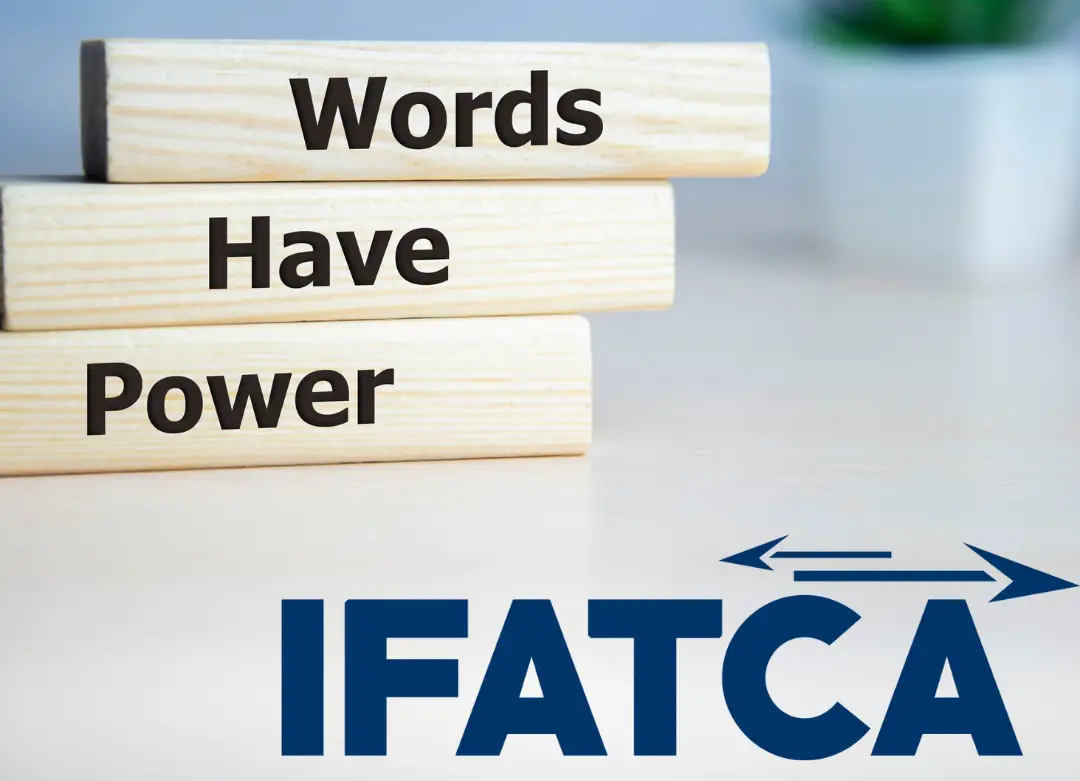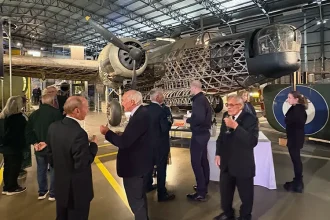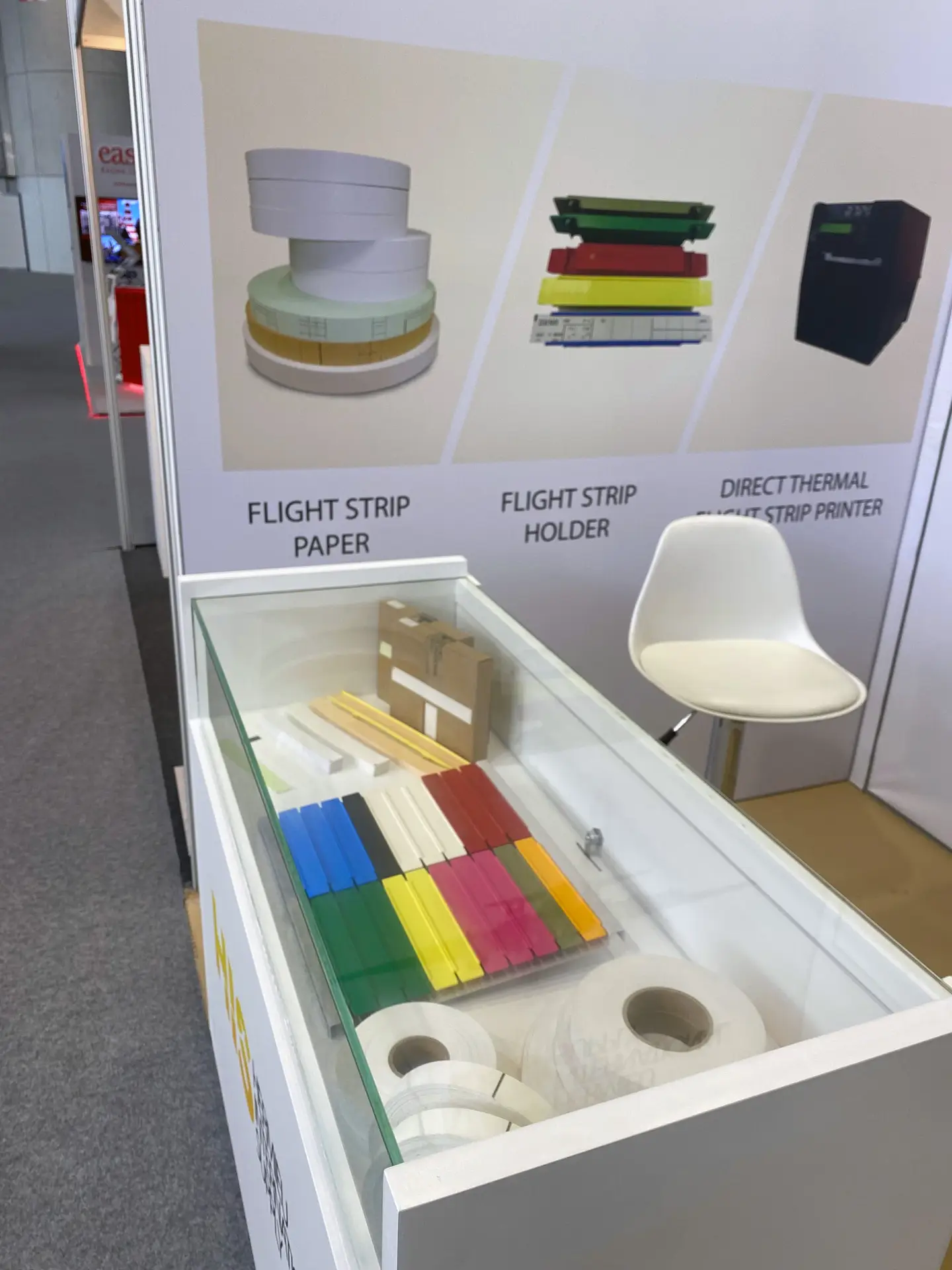we all need to play our part

Paul Stevens
CEO, Mayflower College
Christoph Gilgen
IFATCA RepresentativeMost of us instinctively understand that communication is a cornerstone of aviation safety. It ensures the clear, timely and accurate exchange of critical information between pilots, controllers, ground crew and other flight operations personnel. Effective communication prevents mid-air and ground collisions, it helps to reduce delays, it enhances situational awareness and helps us to meet industry regulations and standards.
A review of 28,000 incident and accident reports found that communication – primarily the verbal transfer of information – was a factor in over 70% of cases. That’s a staggering figure.
English is the common language of international aviation. In 2008, ICAO introduced the Language Proficiency Requirements (LPRs). To ensure that all pilots and controllers working in an international environment can communicate effectively, non-native English speakers (NNES) are regularly tested to confirm they meet the minimum Aviation English standards, commonly called ‘ICAO Level 4.’ While the Aviation English testing and training of NNES are far from perfect, progress is being made. However, the responsibility for safe, efficient communication does not rest only with NNES. Everyone needs to play their part.
I was a member of the ATPG Skytalk working group, not as an official representative of IFATCA but as a multilingual en-route controller with 30+ years of experience. The views expressed in the report and in this article are my personal views. I strongly believe that some relatively small changes in the English language requirements could lead to significant, lasting improvements in aviation communication and in air safety generally.
Elephant in the room?
The burden of complying with the LPRs has fallen largely on NNES; they continue to invest considerable time, money and effort to improve and maintain their English skills. They must pass Aviation English exams (typically every 3-5 years) in order to pilot / control international flights, to improve their professional competence and, in some cases, their employment opportunities. Native English speakers (NES), on the other hand, are typically unaffected by the LPRs. Pilots and controllers licensed in countries like USA, UK, Australia and New Zealand are usually automatically granted ICAO Level 6 – a lifetime proficiency award – simply because English is their first language.
Is this a good idea? How well do NES communicate?
A study involving 1,974 pilots and controllers from 112 countries revealed that:
- 65% believed that aviation safety was sometimes compromised by the way NES use English.
- 89% supported providing training to help NES communicate more effectively with NNES.
- 69% felt that NES pilots and controllers should be tested on their Aviation English skills, despite most currently being automatically awarded ICAO Level 6 proficiency without further assessment.
Capt. Veronica Zunic, co-chair of ATPG, commented: “The report was very well received by EASA and aligns well with the Agency’s Single Programming Document (SPD) and its long-term vision for training. The issues we highlighted extend beyond Europe and are relevant across the global aviation industry. Our goal is to continue collaborating with safety regulators and stakeholders, including ICAO. We believe that highlighting the role of native English speakers can have a significant and lasting positive impact on aviation communications for everyone.“
In response, the Aircrew Training Policy Group (ATPG), an independent body of aviation experts working closely with the European Union Aviation Safety Agency (EASA), established the ATPG Skytalk group to investigate aviation communication issues, particularly the role of NES. In June 2024, the ATPG Skytalk report was presented to senior management at EASA.
Two of the key recommendations in the ATPG Skytalk report are:
- Rethinking ICAO Level 6 Certification:
Currently, most NES are automatically classified as ICAO Level 6, a lifetime award based on the assumption that all NES are inherently “experts” in Aviation English and that their proficiency remains constant. The report challenges these assumptions. Communication requires more than vocabulary and grammar; it also involves cultural awareness, empathy, and the ability to adjust one’s style. Without regular practice, proficiency can degrade over time.
- The Need for Targeted Training:
The report argues that NES would benefit from training that enhances their communication skills, especially when interacting with NNES. There is no doubt that most NES want to communicate safely. Some NES, however, lack empathy for the challenges faced by NNES, often due to their own monolingual backgrounds. If you have never experienced it yourself, it can be difficult to understand the challenges of working in another language, especially in a safety-critical industry like aviation.
As a result, some NES may:
- Deviate unnecessarily from standard phraseology
- Speak too quickly with insufficient pausing to allow time for processing
- Include too much information in a single transmission
- Use idiomatic or colloquial language
- Have strong accents
- Struggle to understand internationally-accented English
Finding the right balance in communication speed is also crucial. Speaking too fast increases the risk of misunderstanding, while speaking too slowly can cause traffic congestion and delays. The goal is to communicate clearly the first time, avoiding the need for repetition.
It is undeniable that some NNES in Aviation need to improve their English. There are no shortcuts – this takes time, effort and money.
But at the same time, a few hours of targeted training could also help NES become more empathetic and skilled communicators, making aviation communication safer for everyone.
A mindset among some NES is: “I speak English perfectly; if you don’t understand me, that’s not my problem.” This attitude is unhelpful. Effective communication is a shared responsibility, and everyone must contribute.
ATPG Skytalk remains actively engaged with EASA, ICAO, and industry stakeholders to raise awareness of this issue and work towards developing an effective and practical solution.
Imagine if one day, Chinese will become the official language of Aviation. Then the Americans, British and Australians can understand the problems non-native English speakers are having every day.
I see these communication breakdowns at work every day.
Native-English speakers should speak slowly, clear with short sentences. They don`t know how difficult sometimes is for us to understand them, especially in USA and UK.
I understand non-native speakers more than the native one because the non-native speak slowly and make short sentences.
I think every non-native English speakers have had difficulty communicating with native-English speakers.
The native speakers must understand aviation safety is about understanding and being understood, so they also need a special training to achieve this.
Some of the native speakers have hard to understand pronunciation to the point where it is difficult to even recognize it is English at all.
Never assume the person you’re talking to has the same level of comprehension as you. Stick to standard phraseology – it exists for a reason.








